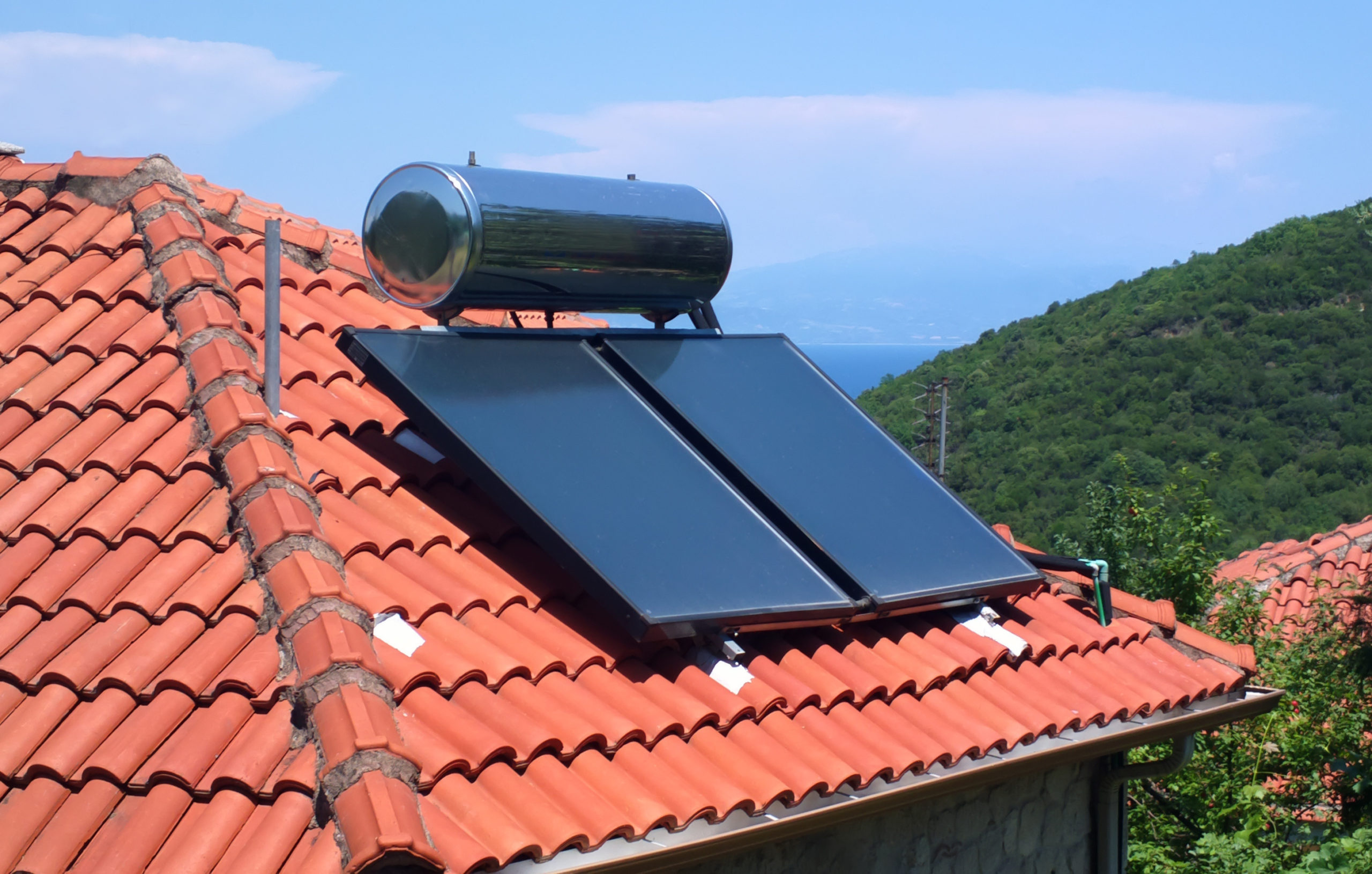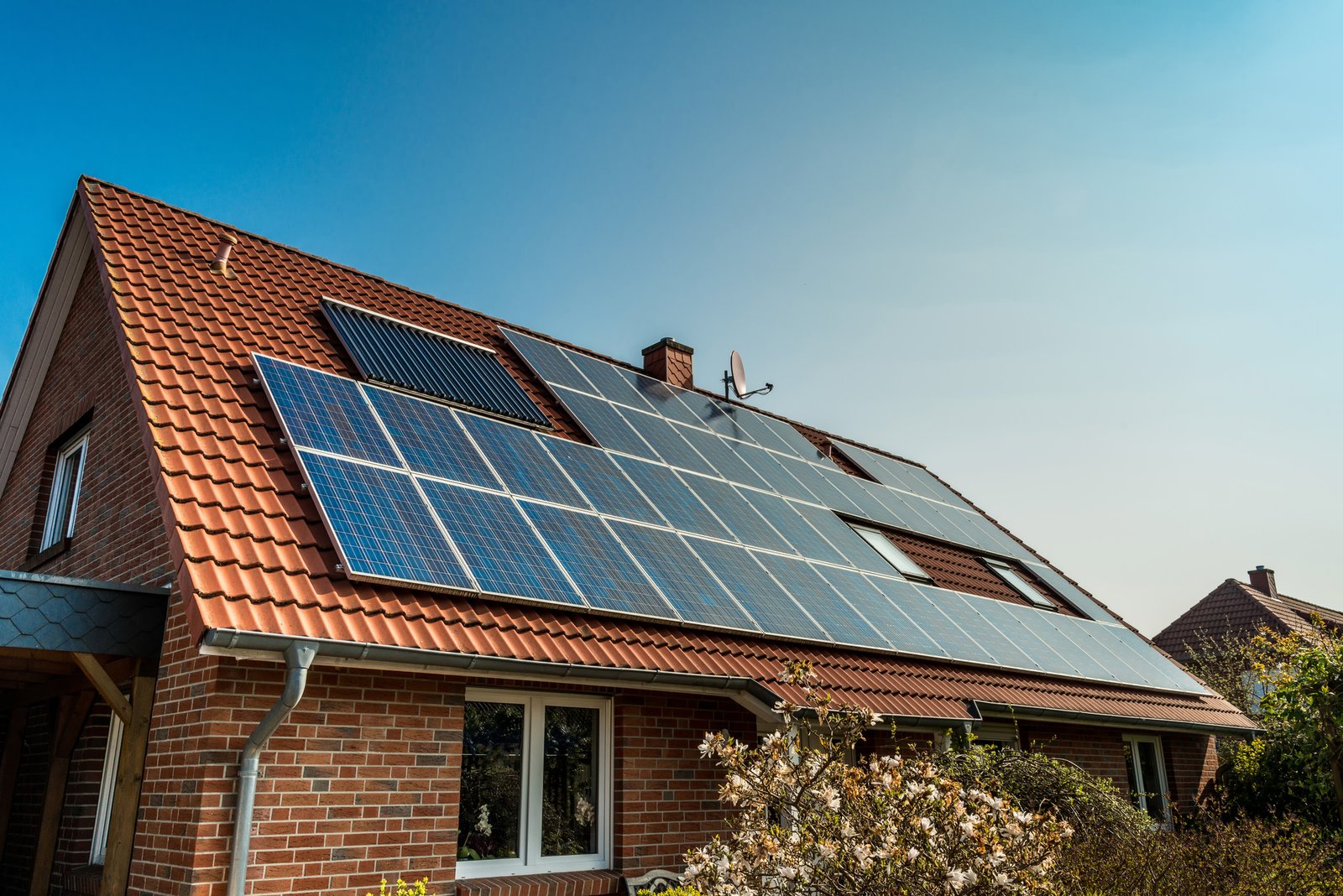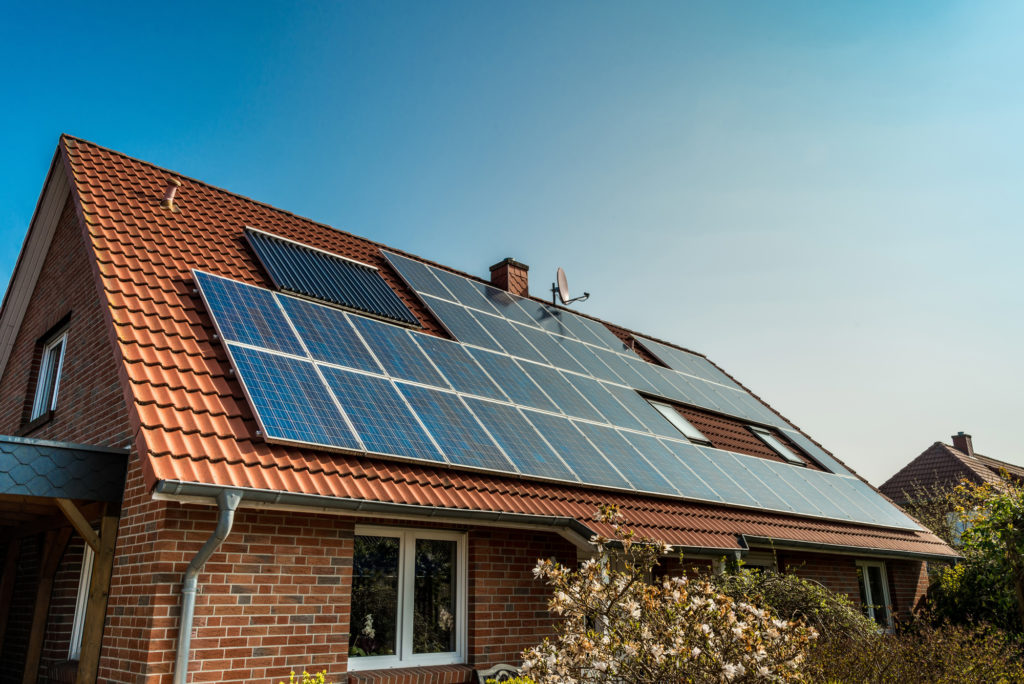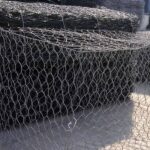Financial and environmental benefits are the primary motivators pushing people to invest in solar energy. When used correctly, it can save you a lot of money in the long term while reducing your carbon footprint.
But before you start purchasing solar panels for your home, you must understand the basics. Here’s all you need to know about solar panels:
How Do Solar Panels Work?
You already know that the purpose of installing solar panels is to generate electricity. But how do they accomplish that goal?
A typical solar panel consists of an array of photovoltaic (PV) cells, which are connected to form a module or system. When light strikes these cells, electrons are displaced from their enclosed atoms and become charged particles called carriers. The resulting flow of electrons creates an electric current, which is then collected by conducting materials within each cell and then routed through electrical contacts within the panel.

Wires are connected to tap the power generated by this system. Usually, several panels are used to increase the system’s efficiency and provide more electricity for a home.
What Should You Consider When Buying A Solar Panel?
To enjoy all the benefits of solar energy, you must invest in the best solar panels Melbourne customers can get. There are several factors you must keep in mind when purchasing these products. Read on to learn more.
- Size Of The Solar Panel
Size is essential to any solar panel as it determines its power output. The size of a solar panel is directly proportional to the amount of electricity it can generate.
It’s worth noting that the total power output in these devices depends on the number of PV cells. Therefore, the larger the solar panel, the more electricity you can expect to enjoy.
Although size is crucial, you can only get the best from your panel if it’s installed correctly. For instance, avoiding shaded areas should be one of your priorities if you have trees or tall buildings around. Also, ensure the panels are installed at an angle that allows them to absorb as much sunlight as possible.
- Efficiency
A large solar panel can be quite advantageous if you’re a heavy electricity user. However, that might not be the case if the PV cells of your solar panel are inefficient.
The conversion efficiency of a PV cell is determined by the amount of sunlight that’s converted into usable electrical energy. It’s measured as a percentage of the total amount of sunlight that’s incident on the cell. Factors such as the type of PV cell, angle of the cell to the sun, temperature of the cell, and amount of shading can all affect the conversion efficiency of a PV cell.
Higher temperatures may shift the system’s semiconductor properties, leading to a decrease in voltage. Keep in mind, though, that the current may rise under such circumstances. Meanwhile, more reflection means less power generation, as some sunlight rays don’t make it through the conversion process.
No two manufacturers can achieve the same conversion rate. Therefore, as you shop for solar panels, ensure you choose one with the highest rate. Be sure to inquire before finalizing your purchase if you’re not sure.
- Durability
Another thing to look for in a solar panel is durability. This is both in terms of performance and physical strength. The panels should be able to provide high power output for a long time without requiring any significant maintenance.
When it comes to physical strength, the solar panels should withstand heavy winds or any other physical impact. If your area is snowy, make sure you go for panels with a high snow load. That means they can support the force and weight exerted by snow during winter.

Types Of Solar Energy Technology
It’s also vital to note that there are two main types of solar energy technology: solar PV and solar thermal systems.
- Solar PV System: PV technology is the most popular solar system you see around. It directly converts sunlight energy into electricity.
- Solar Thermal System: Solar thermal technology uses the sun’s energy to heat a fluid, which is then used to generate electricity or provide hot water.
Conclusion
Investing in solar panels is a great way to reduce energy costs and help the environment. This is because solar panels can provide clean, renewable energy for your home. Solar panels can also increase the value of your property, making them an excellent long-term investment. If you decide to purchase residential solar panels, consider their size, efficiency, and durability.






